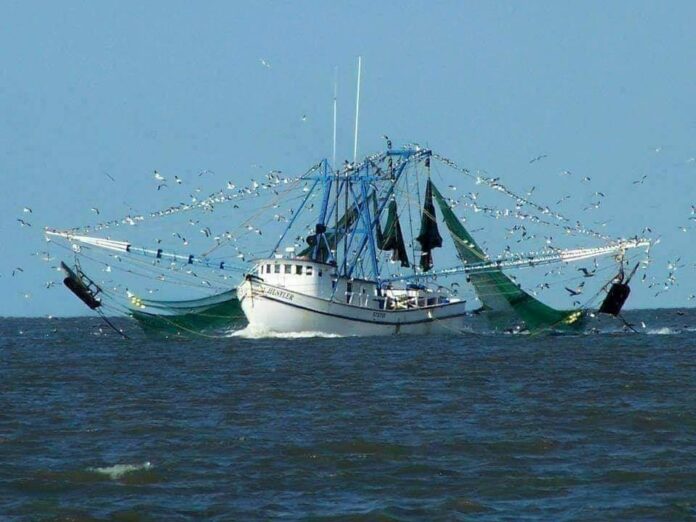Beaufort City Council passed a unanimous resolution at its Dec. 12, 2023, Regular Meeting calling on Gov. Henry McMaster to declare an economic disaster caused by the dumping of imported shrimp into the United States. The resolution is attached to a letter to McMaster from Acting Mayor Mike McFee on behalf of City Council, asking to declare an economic disaster to aid local S.C. shrimpers.
“The practice of shrimp dumping is a growing threat to our economy, both regionally and locally,” the letter to McMaster stated.
“As you know, the City of Beaufort and surrounding communities are surrounded by tidal marshes which help produce a significant portion of the annual amount of wild shrimp caught off the coastal shores of our great state. The impact of shrimp dumping has jeopardized the local culture and economy associated with local fisheries. Due to this economic strain, many shrimpers are struggling to continue to keep their vessels afloat, employees hired, and businesses open.
“A declaration of economic disaster would authorize the request for a fishery resource disaster determination to be made by the Department of Commerce and would allow for the imposition of controls. If controls were implemented, it would make financial assistance available to S.C. shrimpers and have the potential of protecting lives and property by mitigating the threat of preventing the complete destruction of the State’s shrimping economy,” the letter to McMaster said.
The resolution was spurred, in part, by a letter sent to City Council by Craig Reaves, a lifelong commercial fisherman and shrimper whose family owns the Sea Eagle Market.
“Currently, more than 90% of shrimp consumed in the U.S. is imported from other countries and less than 10% is produced by U.S. domestic fishermen,” he wrote. “… When I used the word ‘dumping’ it means the shrimp are being sold to U.S. companies for less than their ‘world market value’, which in turn fills up our U.S. freezers and affects our U.S. domestic shrimp prices. … Our U.S. domestic seafood businesses are struggling to find places to sell our catch.”
READ: Lowcountry Life, a history of shrimping in Beaufort SC










